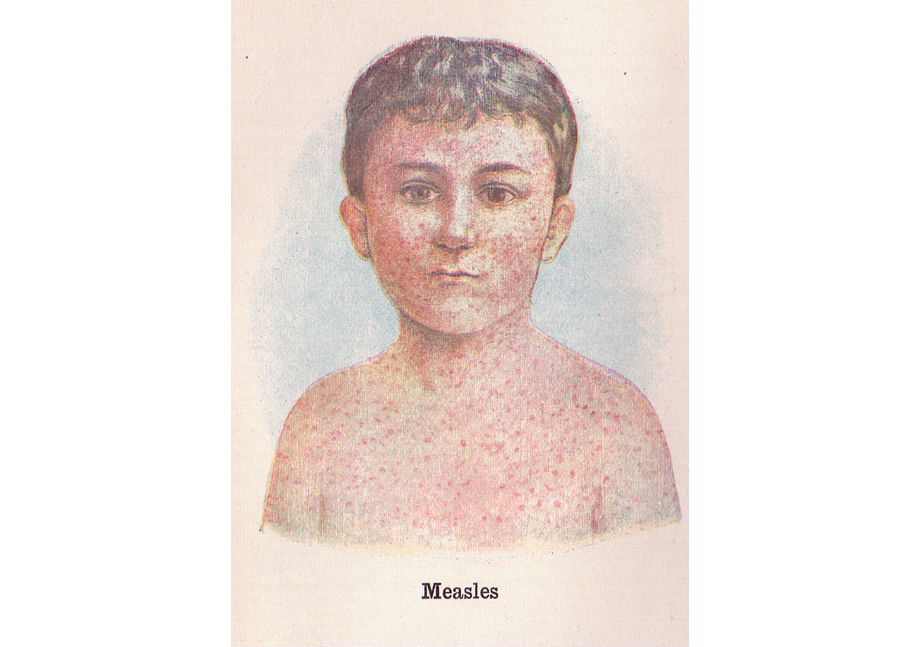
Washington’s measles outbreak is becoming a concern for Puget Sound. The viral disease is incredibly contagious: according to the Centers for Disease Control, 90 percent of unvaccinated people who come into contact with the virus will contract it.
Symptoms include a spotty rash, runny nose, fever, coughing and red eyes. According to Clark County’s public health website, there have been over 40 confirmed cases across Washington, though most of the contamination is located in Clark County.
Because of the preventability of the virus, it was previously considered non-threatening. The measles, mumps and rubella two-dose vaccination is 97 percent effective at preventing contamination. However, an increase in anti-vaccination culture has contributed to the spread of the virus.
On Jan. 27, Counseling, Health and Wellness Services (CHWS) emailed the campus community with a health advisory. The email provides general information about the outbreak and the procedures Puget Sound uses in this situation. It states that students are required to get the measles vaccination before registering for classes, though exceptions can be made. It also provides information about where to get the vaccine.
Local pharmacies at Target and Walgreens carry the MMR vaccination, as does CHWS. However, the email warns not to hesitate as supplies can be low. The email also provides brief detail about what Puget Sound would do if measles were to appear on campus, explaining that students without the vaccination may not be allowed in class or able to participate in campus activities until three weeks after the measles threat is eliminated.
For many, the measles outbreak is a frustrating experience. It represents an elective choice that some parents make to not vaccinate their children, which increases risk of contagion. According to The Washington Post, three in 10 Americans think vaccinations should be mandatory. The same article cites data that 9 percent of Americans believe that the measles vaccination is unsafe.
This belief is tied to the debunked myth that the MMR vaccine can cause autism. Anti-vaccination culture has increased across the U.S., with large populations of non-vaccinated children in Idaho, Washington, and Oregon. People in these regions use an exemption based on “philosophical-belief,” which allows parents opt out of vaccination because it contradicts with their beliefs.
Some states are considering making this exemption illegal and vaccinations mandatory. Clark County, close to Portland, Oregon, has a particularly high amount of unvaccinated children. Some counties in Oregon have unvaccinated rates between 8 and 14 percent, according to the Benton County health department.
Ayden Bolin, a junior at Puget Sound, shared his concern over the outbreak and the local anti-vaccination culture: “On a college campus, so many people interact closely and share spaces everyday, and are already at risk of spreading illnesses.”
If measles came to campus, the closeness of the Puget Sound community could potentially increase the likelihood of contamination.
Bolin continued, “To me it is frustrating because it is just so highly preventable. Vaccines are the number one way of preventing viral disease outbreaks, and when parents make the decision to not vaccinate their kids, they are not only putting their own loved ones at risk, but also everyone that their child interacts with.”


